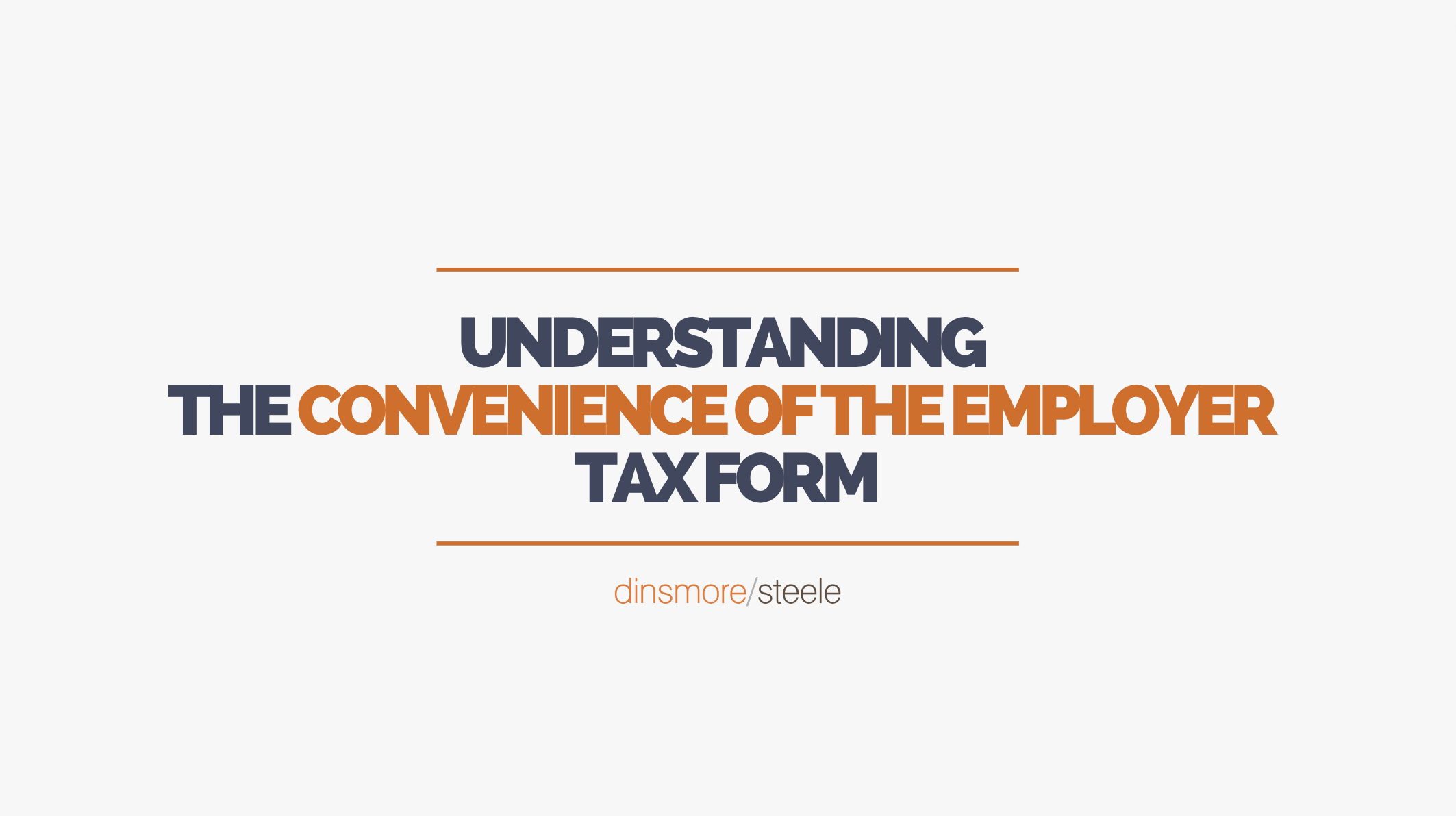
Small Business, Big Ideas
(And a Few Laughs Along the Way)
Your go-to blog for tips, tricks, and the occasional dad joke about running, growing, and loving your small business. Seriously helpful. Seriously fun.

The Role of Professional Employer Organizations in Managing Employees
Professional Employer Organizations (PEOs) have emerged as pivotal players in managing employees. These organizations offer a comprehensive solution for businesses seeking to navigate the myriad challenges of employee management, from payroll processing to compliance with labor laws.
PEOs serve as a linchpin for small to medium-sized businesses by offering a shared employment model. A PEO becomes a co-employer with its client companies, allowing them to outsource a significant portion of their employee management tasks. This arrangement grants businesses access to a wealth of resources and expertise in HR, without the need to build these capacities from the ground up.

Employer Liability: Roles, Responsibilities and Risks You Need to Understand
Employer liability refers to employers' legal responsibility for employee safety and well-being. As an employer, you are accountable for providing a safe work environment, overseeing workplace practices, and ensuring employees are protected from potential hazards.

Convenience of the Employer: Understanding and Compliance for Non-Resident Employees
The "Convenience of the Employer" rule determines whether non-resident employees (those who live outside New York State) must pay New York State income taxes or the taxes of their home state. This rule is crucial for ensuring proper tax withholding and compliance with state laws.

Understanding Employee Benefits in a PEO Context: A Comprehensive Guide
Exploring the realm of Professional Employer Organizations (PEOs) unveils a transformative solution for managing employee benefits, offering a beacon of efficiency and innovation. As businesses navigate the complex landscape of offering competitive benefits while maintaining operational flexibility, PEOs stand out as strategic partners in achieving both.

Understanding the Costs and Returns of HR Outsourcing
HR outsourcing represents a strategic move by companies to delegate one or more of their human resource functions to an external service provider. This strategic delegation aims to enhance efficiency, access specialized expertise not available in-house, and reallocate resources to core business functions, thereby optimizing the organization's overall operational dynamic.

A Simple Guide to Understanding PEO Administration
PEO Administration, short for Professional Employer Organization Administration, involves a business partnering with a PEO to manage payroll, benefits, and HR functions. Through PEO Administration, the PEO acts as the employer of record for tax and insurance purposes, while the client business retains control over its operations and staff. Key benefits of PEO Administration include:
